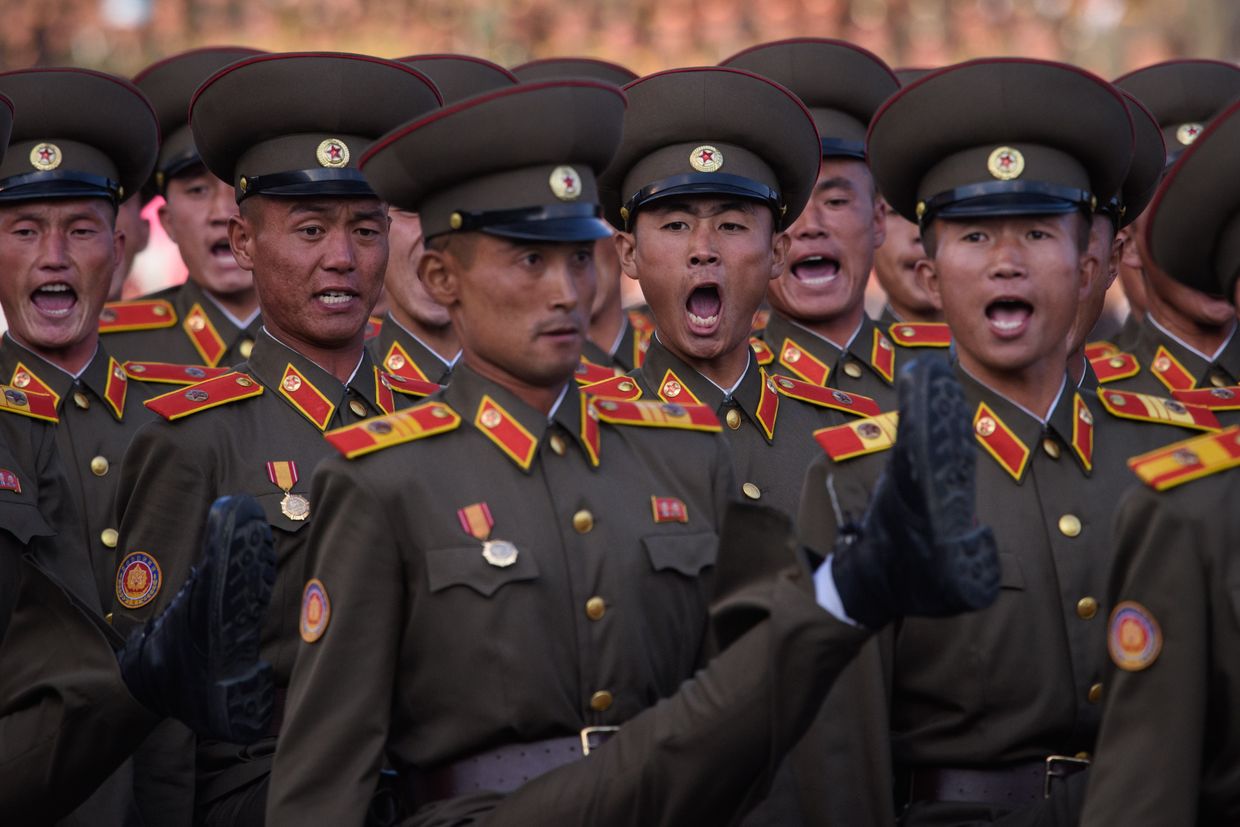'Putin will not prevail in Ukraine,' even with North Korean help, US defense secretary says

North Korean troops outfitted with Russian uniforms and equipment are making their way to the Russia-Ukraine border, U.S. Defense Secretary Lloyd Austin said on Oct. 30 during a joint press conference with South Korean Defense Minister Kim Yong-Hyun.
North Korea has sent troops to Russia to participate in its war against Ukraine, though estimates vary as to the number of troops. The Financial Times reported on Oct. 29 that 3,000 North Korean soldiers in Kursk Oblast were housed only 50 kilometers (30 miles) from the Russia-Ukraine border.
"The evidence now suggests the that North Korea has sent about 10,000 soldiers to train in eastern Russia," Austin said at the Pentagon briefing.
"And some of these DPRK troops have already moved closer to Ukraine, and we are seeing them outfitted with Russian uniforms and provided with Russian equipment."
Austin said he would not speculate as to when the North Korean units would begin to engage in direct combat alongside Russian soldiers, but said that the U.S. was working with international partners to "discourage Russia from employing these troops in combat."
The deployment of North Korean troops is a direct result of Russia's heavy battle losses, Austin added. An allliance with North Korea highlights "how much trouble" Russian President Vladimir Putin is in.
"Putin will not prevail in Ukraine, even with more help from North Korea."
South Korean Defense Minister Kim Yong-Hyun condemned North Korea's involvement in Russia's war, calling such action a "war crime" and demanding the "immediate withdrawal" of North Korean troops.
"The deployment is (North Korean leader) Kim Jong Un's attempt to maintain its dictatorship, and Kim Jong Un didn't hesitate to sell out its young people and troops as cannon fodder mercenaries," he said.
Kim also discussed the role a South Korean monitoring delegation would play, following President Yoon Suk Yeol's announcement on Oct. 28 that Seoul would send observers to Ukraine in the coming days.
"I believe it could serve as a great opportunity for our analysis team or observers to learn the movements or trends of the North Korean troops," Kim said.
Information gathered on North Korea's weapons systems and tactics would be useful to the future security of South Korea, Kim said.
"If we don't send our observers or analysis teams, it would mean we are not faithfully doing our jobs," he said.
Moscow and Pyongyang's "unlawful military cooperation" represents an escalation in the war, Austin said, and there will be "consequences" to their escalating aggression. The U.S. is considering "different kinds of action," but Austin declined to provide details or examples.











